Editor’s Note: This Worldschooling article was originally published in Overland Journal’s Spring 2023 Issue.
Lead photo by Korey and Anna Hart
Worldschooling is a style of education that recognizes the value of children traveling to international destinations where they can be immersed in other cultures, acquiring knowledge through a hands-on approach. Proponents believe engaging all five senses to study language, science, literature, history, and other subjects is more effective than reading a textbook or listening to a lecture. Moreover, learning through travel can integrate topics normally separated from each other in the classroom, allowing children to make sense of the real world. Parents from countries around the globe are joining the burgeoning worldschooling movement, leaving their homes to crisscross the planet as a family.
That is the end of the characteristics worldschoolers hold in common because the ways parents achieve their educational goals vary widely. Some utilize their two weeks of annual work vacation to travel as worldschoolers, focusing on education. Others travel year-round with no home base. In some families, one parent travels with the children while the other holds a full-time job at home to finance worldschooling. There is no one-size-fits-all approach.
Traditionally, worldschoolers have flown between destinations. Air flight is still the predominant mode of travel. But not surprisingly, given the growth of overlanding in recent years, a subset of parents has begun to pursue worldschooling through vehicle-based travel.
If all of this sounds intriguing, then this whirlwind guide will equip you with fundamental building blocks you can use to prepare for your worldschooling adventure as a family.
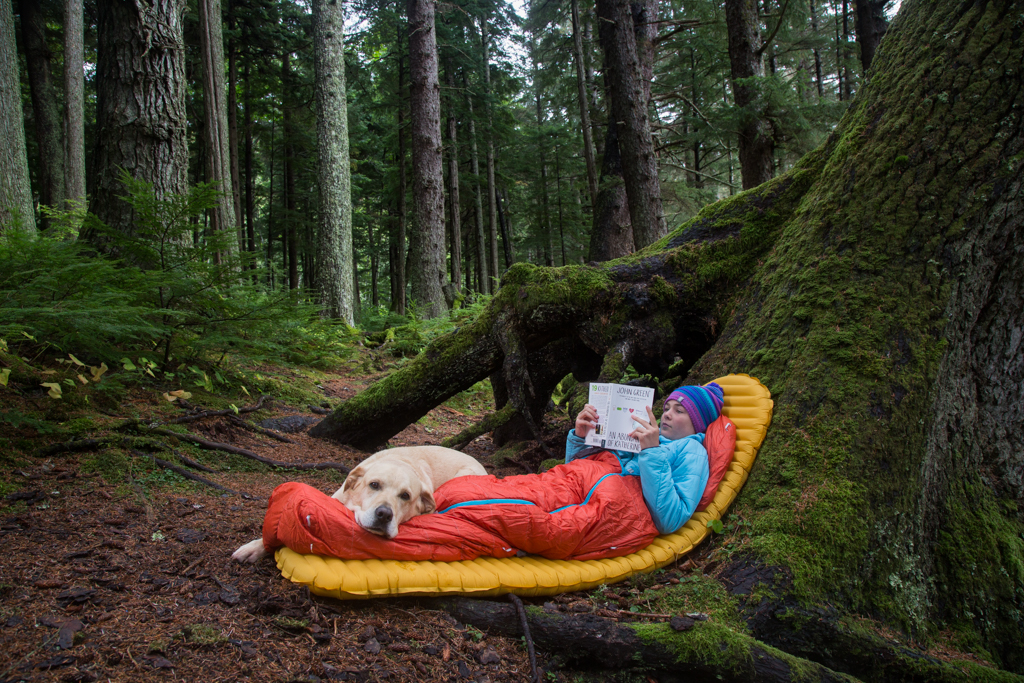
Abby Holcombe began traveling full-time at the age of 10 and is now a world-champion kayaker, having been gifted the flexibility of pursuing her athletic dreams. | Photo: Peter Holcombe

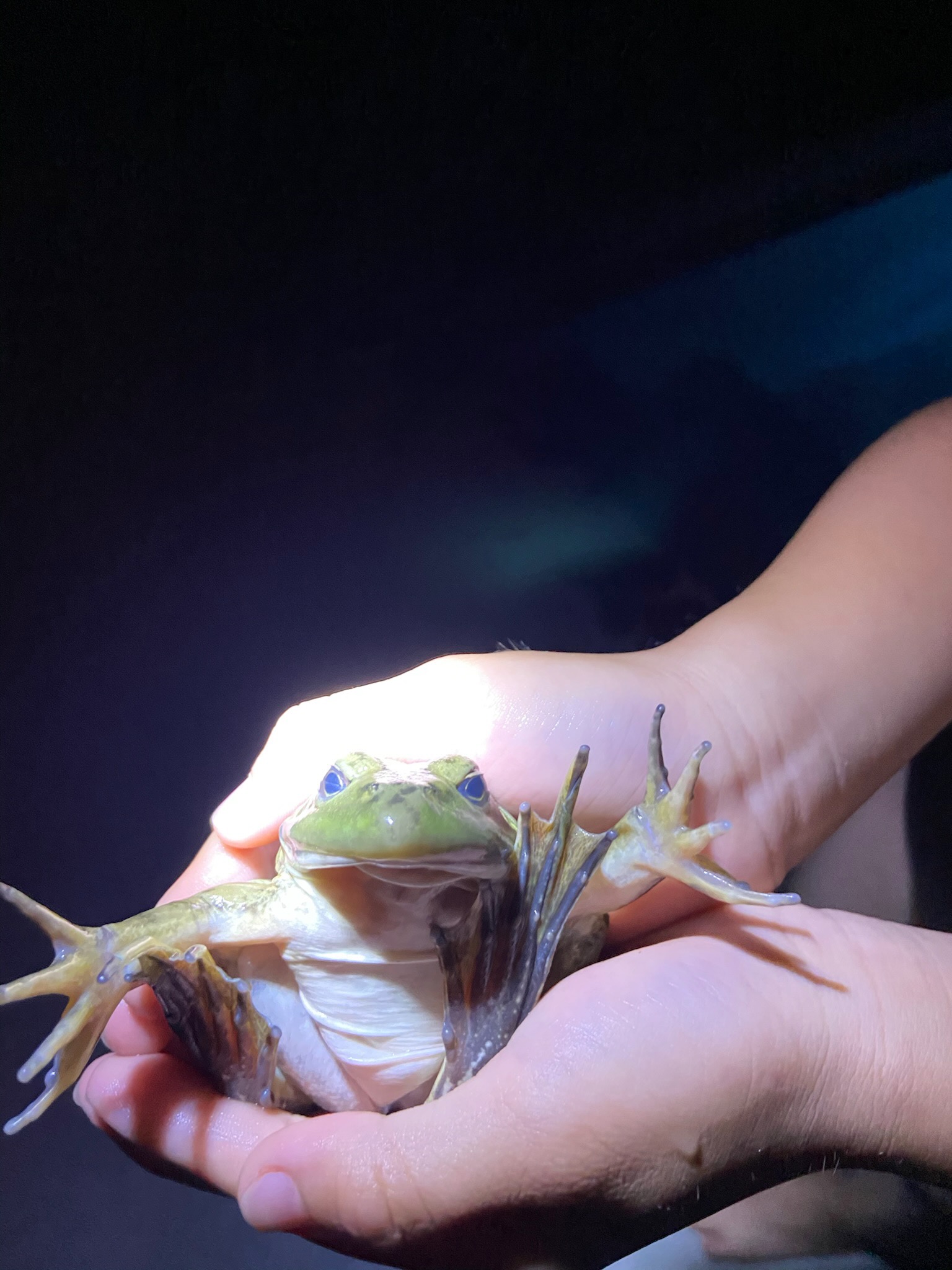
Worldschooling: Part-time or Full-time?
Before descending into the details, it’s necessary to determine a timeline for your educational trips. If you travel part-time within the allotted vacation schedule set by your child’s school, such as spring break, summer break, and the winter holiday, then you have wide latitude. You don’t have to worry about legal concerns or curriculum, and financial planning is similar to how you would budget for a typical family vacation. You can research your destination to design an itinerary that suits your interests and budget as a family.
If your goal is full-time overland travel, you’re in for a more complex road. Nevertheless, the lifestyle is attainable. Our son, Caspian, was born into full-time travel, and we are raising him as a worldschooler as we drive around the world for the next 10-15 years.
Abby Holcombe grew up on the road from the age of 10, RVing around the United States and becoming the youngest person to kayak the 280-mile stretch of the Colorado River through the Grand Canyon. In 2019, her family shipped their Winnebago Revel to Europe to overland the continent for six months. There are many other long-term worldschooling families you’ll meet throughout this article.
When I first considered extensive international overlanding and whether it was possible with a young child, one fact pushed me to action: it had already been done. Knowing I could draw on the experience of others, the rest became mere details to tackle one at a time. Let’s do so together now.
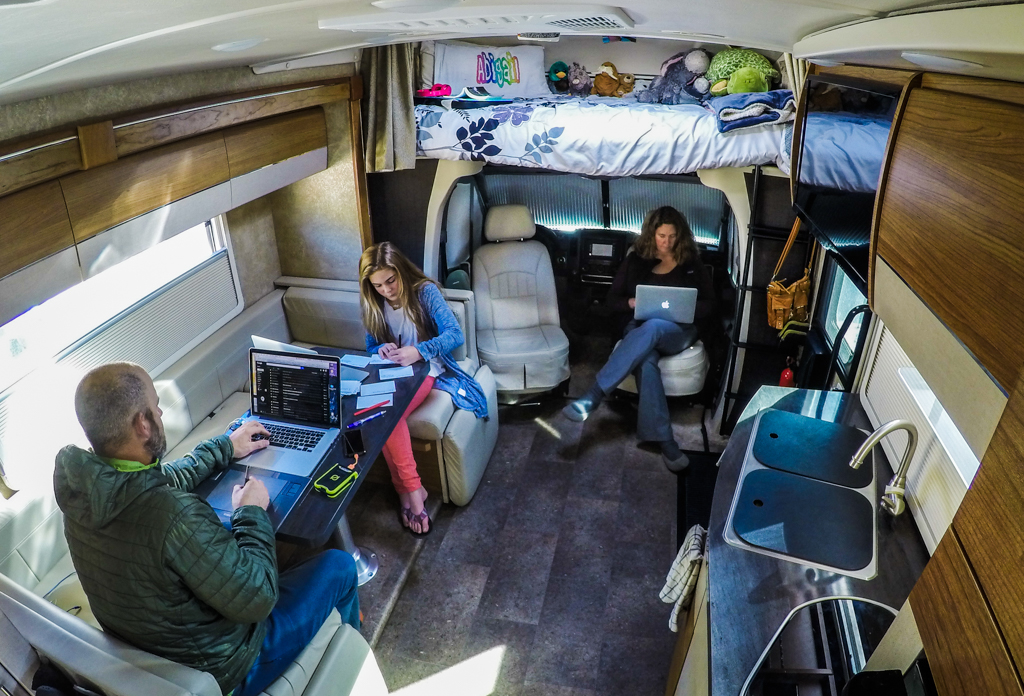
Photo: Peter Holcombe
Legal Considerations
I am not an attorney and cannot offer legal counsel. Consider this a big picture, a layman’s view of the legalities long-term worldschoolers must face. Your domicile, the geographical location you call your legal home, determines the educational regulations you are subject to as you travel and teach. In the United States, each state has its own rules. Canada regulates homeschooling by province.
My family is fortunate to domicile in Texas, which gives considerable margin to homeschooling parents. It’s important to research your state or country to understand its requirements. The US states with the highest regulation are Massachusetts, New York, Pennsylvania, Rhode Island, and Vermont. States may require homeschooling parents to submit notice, create an instruction plan, teach required subjects, maintain a portfolio, file reports, and participate in regular assessments. You can find your state’s regulations on the Home School Legal Defense Association (HSLDA) website.
In some countries, public education is mandatory, and homeschooling is illegal. Residents of these countries can still overland and worldschool with their children, but they must do so within permitted school vacation time. The alternative is to make the bold move of changing residency to a country where homeschooling is permitted.
Age Considerations
Parents of younger children may be more comfortable with long-term worldschooling than parents of teenagers actively readying for adulthood. The pressure of college preparation can feel overwhelming, as we want to ensure our children are equipped to support themselves through life.
These concerns are valid but should be evaluated as part of the whole. It is easy to worry about what we may be missing by choosing nontraditional education while forgetting to acknowledge all we’re gaining.
Melanie and Erik Couture left their home in Canada to drive through the Americas with their three children. They’ve tried backstrap looming in Guatemala, made black clay pottery in Nicaragua, and participated in a Christmas community play spoken in Spanish. Erik and Melanie are confident in their goals: “We hope our kids will learn coping skills that are essential for college and adulthood. Skills like flexibility, adaptability, grit, empathy, and a strong sense of self. We believe seeing the world and being exposed to many different environments will help them understand their levels of ability, feel confident in their skills, and discover ways to navigate life. We hope they will see for themselves that the world is full of interesting and friendly people who may not hold the same values and beliefs but are worthy of respect and kindness.”
Their eldest is 10 years old right now, and Melanie and Erik aren’t sure what the future will look like. Because their children may develop interests and passions that aren’t feasible to pursue on the road, they plan to regularly assess whether full-time travel is still their best option.
Worldschooling families retain the freedom to make these pivots at any time. Perhaps the budget only allows for one year on the road, or an opportunity draws the family back to home base. Traveling families don’t need to plan 12 years of education to embark on a worldschooling adventure.
Starting from age 13, Keelan Bell and his family overlanded from Africa into Europe, circumnavigated South America, and drove across the United States and Canada. Now 22, he is pursuing a mix of vocational schooling and independent certificates to further his education. In 2018, he had a 24-day one-on-one internship with the person he considers the best classic Volkswagen mechanic in Turkey, and Keelan learned the step-by-step process of rebuilding a four-cylinder air-cooled Beetle engine. “That internship and the time I spent with that mechanic and his family will most likely be the best internship I ever have,” Keelan shared, “and it was only possible because of our travels.”
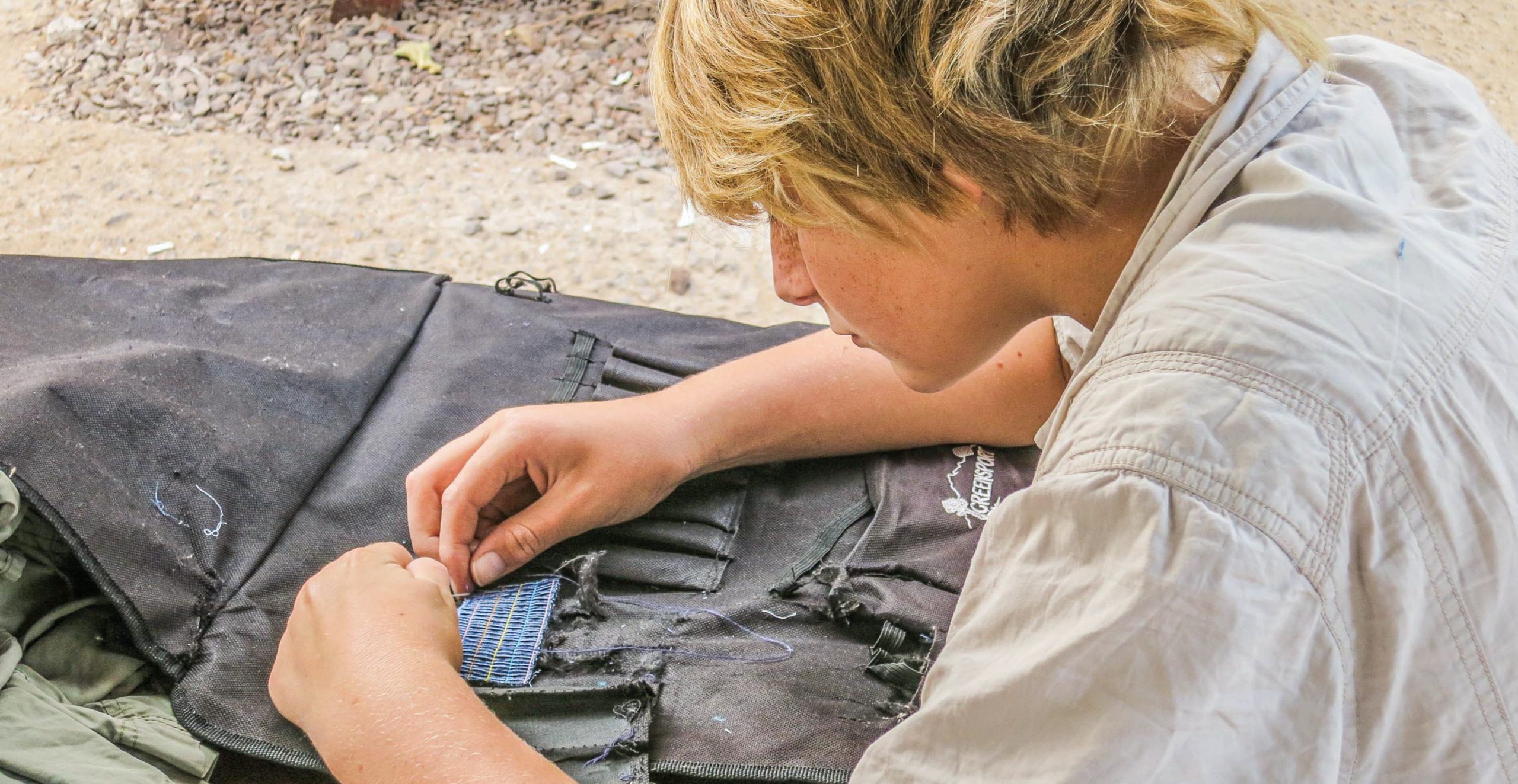
Keelan Bell spent nearly a decade of his life overlanding the world and was heavily influenced by an internship in Turkey he would never have encountered apart from overland travel. Photo: Graeme and Luisa Bell.
Each family can determine their timeline, inspired and informed by the example of others. For additional reading, The New Global Student by Maya Frost is an eye-opening and empowering book that documents the value of an international education. While not written specifically about overlanding students, its methods can be integrated by families who worldschool and travel by vehicle.
Curriculum Considerations
Selecting a curriculum tends to be an overwhelming step for new worldschooling parents. Fortunately, we live in a time when options are abundant, and the majority are completely acceptable.
Notwithstanding, I offer a word of caution regarding curriculum. Several overlanding parents have shared stories of how strict adherence to structured books or computer work can take away from the natural learning opportunities that come from being on the road. Children can spend hours each day staring at a screen in the name of education when they could be practicing a new language at the market, studying ancient history at a ruins site, or documenting local biology in a wetland.
Anna and Korey Hart spend several months of the year worldschooling with their four children, ages 7 to 13. Anna’s experience with curriculum is enlightening, “When we first began homeschooling, I read an article that advised not to purchase curriculum for at least a year. I ignored this advice and bought lots of curriculum. We rarely use it. It’s not bad (I would recommend most of it), but I bought it before I knew how our family liked to learn. When we brought the curriculum on the road, it became even harder. We were pursuing the curriculum objectives instead of fully taking advantage of the educational opportunities our locations had to offer. We’ve since moved away from that approach, pulling in pieces when it makes sense. We leverage opportunities like museums, local classes, language schools, read-alouds about the history of the area we are visiting, and science experiments with the nature around us.”

Five-year-old Caspian Highland eagerly studies conservation at a green iguana rescue in Belize. Photo: Eric Highland
Abby Holcombe originally logged onto her computer from 8:00 a.m. to 3:00 p.m. on school days, learning in a traditional setting with 25 other students. Eventually, the family tried a respected online college prep program, which was extremely rigorous. The crisis point came in Spain, where Abby was studying Spanish rather than experiencing the culture outside her door. “The absurdity of it all was not lost on me,” said her mother, Kathy. Kathy ended up withdrawing her daughter from the program and “sent her outside to experience Spain in person.” As she concluded her high school education, Abby enrolled in a public high school in Colorado that gave credit for what she learned while traveling. She graduated with an accredited diploma one year early.
Each parent must determine the right balance for their family. It isn’t a simple equation, but it does unfold with time and experience. As worldschooling parents, we don’t have to have all the answers. We can begin with one curriculum and change our approach the following year. We get to experience our growth as lifelong learners, instilling that passion in the human beings we cherish most.
There are a number of resources that can be used as teaching supplements during travel. Outschool offers over 140,000 online classes to children ages 3 to 18. Topics span English, math, science, the arts, and more. The beauty of Outschool is how specific the subject matter can be, offering children a deep dive into their interests, like sports nutrition for teen athletes or an enticing zoology course called “The Weirdest Things Animals Do—and Why.”
Galileo XP is an online, self-directed school that caters to nomadic children ages 8 to 18. Because the courses are internet-based, they may not work as well for overlanding families with connectivity limitations.
Worldschooling: Financing the Journey
There are countless ways to support a long-term worldschooling adventure. Many parents find their employers are willing to authorize remote work. Bethany and Mark Baker both work as they drive through Central America with their daughters, ages four and eight. Mark is a program manager in the field of information security and risk management, and his company allows him to work remotely. He works traditional hours during the week while Bethany takes the lead on their girls’ education.
Others do freelance work, such as writing or photography. Abby Holcombe’s parents, Peter and Kathy, are talented photographers who pivoted from a brick-and-mortar business to nomadic work. Graeme, Keelan Bell’s father, built a career out of writing travel books and writing freelance for outlets like Expedition Portal and Overland Journal.
Some become part of a housesitting or house swap network, which enables free housing throughout the journey. Other overlanding families choose to save and downsize, freeing up the financial resources to sustain a worldschooling adventure. There are also families who rely on rental income or other investments.
My family’s financial model has evolved during our eight years on the road. While we traveled primarily in the United States, we had the internet infrastructure to manage our small social media marketing agency during regular work hours. As we prepared for international overlanding, we paid off our debt and downsized expenses to reduce our monthly financial load. Where income was concerned, our model changed to projects that weren’t as internet dependent. For example, I can write, and my husband can film and edit videos without the need for continual connectivity.
Building a Support System
Long-term overlanding is a challenge in itself. When you choose to bring your children and take full responsibility for their education, a support system is a necessity.
There are many Facebook groups related to homeschooling, roadschooling, unschooling, and just about every style of homeschooling education. Worldschooling is the topic of several groups, with We are Worldschoolers being one of the largest and most active. This group is an excellent place to find out about educational opportunities in locations around the world and connect with like-minded families.
As the movement has grown, events and networking bases have been established. We recently participated in a Worldschool Pop-up Hub event in Mérida, Mexico, which happened to correspond with our travels through Latin America. This week-long event brought together families from as far away as Asia and Europe. Friendships were established, and children learned together at museums, cultural events, and cenotes.
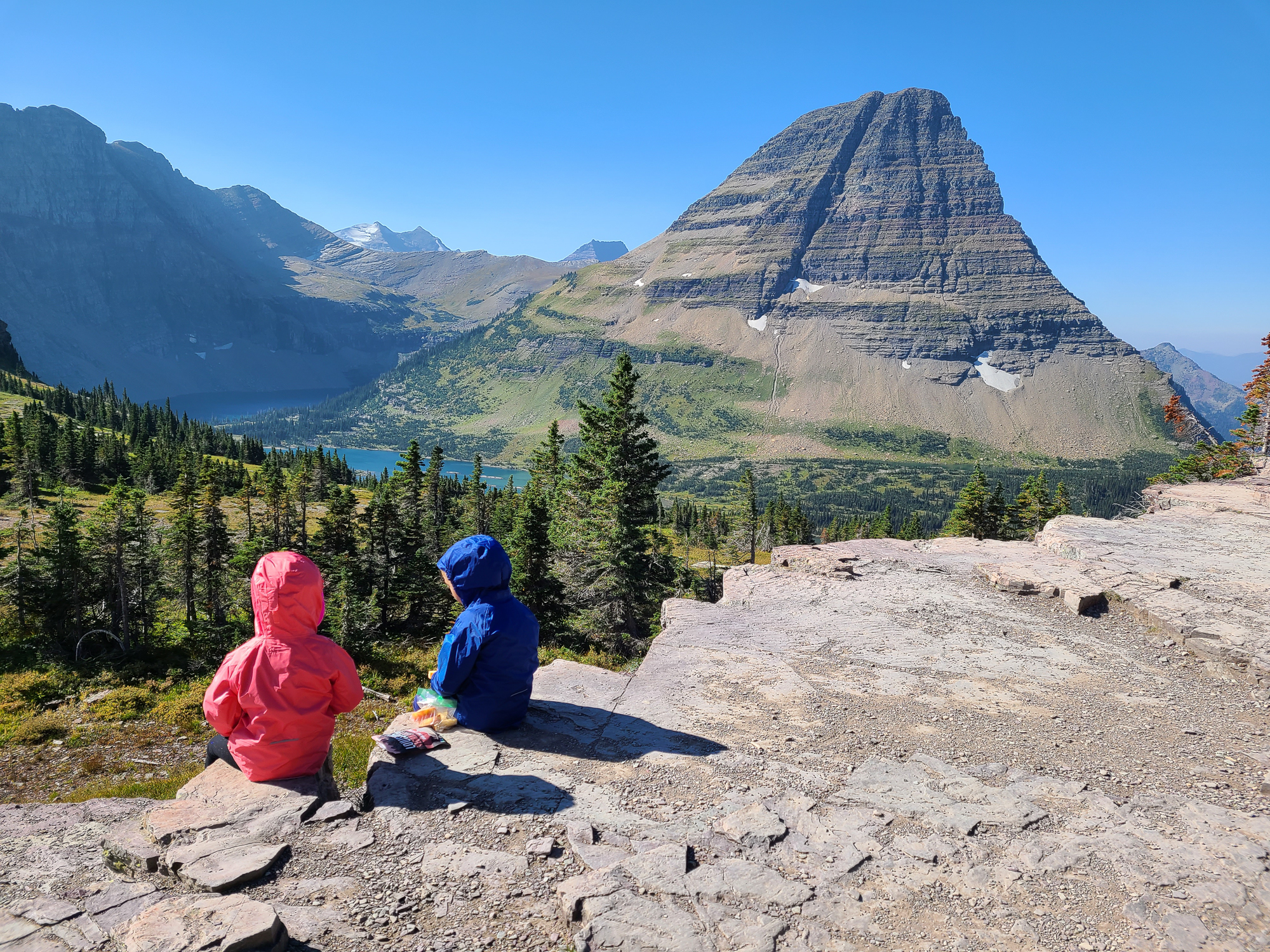
Worldschool education has a way of markedly strengthening ties among siblings, as the highs and lows of travel draw families together. Photo by Mark and Bethany Baker
Worldschooling as a Lifestyle
Our children were born as students, naturally curious about the world around them. The combination of overlanding and worldschooling opens the floodgates of possibility, with each day stimulating curiosity and offering learning opportunities around every corner.
Like any alternative lifestyle, this educational pursuit requires a new way of thinking. As parents, we must question our assumptions and openly evaluate the merits of our child-rearing choices based on factual research rather than common opinion.
For those of us wanting to raise human beings who have the courage to follow the road less traveled, maybe this is our opportunity to show them how to do just that.
Our No Compromise Clause: We carefully screen all contributors to ensure they are independent and impartial. We never have and never will accept advertorial, and we do not allow advertising to influence our product or destination reviews.


